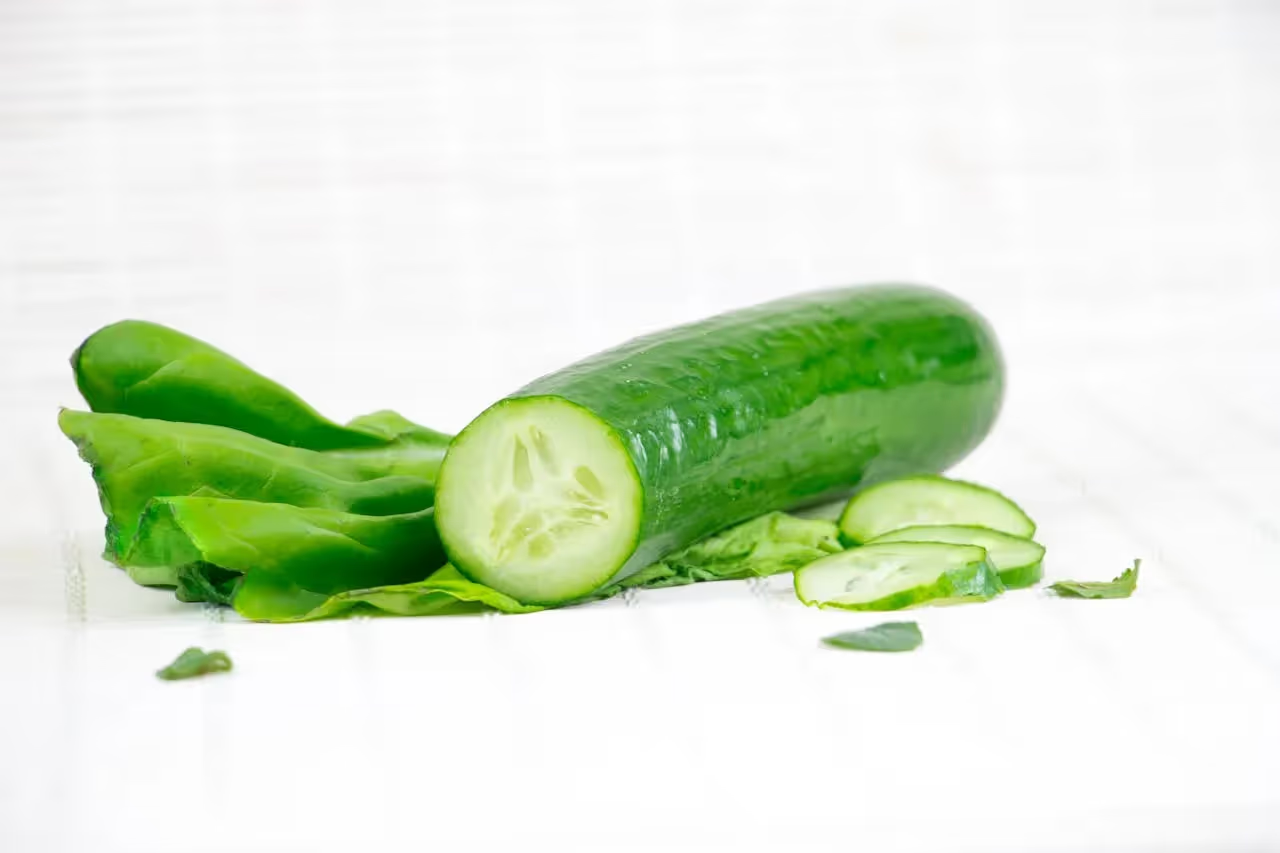Exploring Cucumber Farming Regions in Georgia
Georgia plays a key role in supplying cucumbers across the southeastern United States. Thanks to its warm climate, long growing season, and rich agricultural history, the state is ideal for producing fresh vegetables, especially cucumbers. If you're considering a career or education in agricultural science, horticulture, or agribusiness, learning about Georgia's cucumber farming can be a strong foundation.
Which Regions in Georgia Grow the Most Cucumbers?
Cucumber crops in Georgia thrive in specific areas due to soil type, temperature, and access to irrigation. Most cucumber production occurs in the southern and southeastern parts of the state. These regions benefit from sandy-loam soils and a warm, humid climate, both ideal for cucumber growth.
The top cucumber-producing regions in Georgia include:
- Tift County: Known for its advanced agriculture infrastructure, including University of Georgia research centers.
- Colquitt County: A leading area for vegetable crops, supported by a skilled agricultural workforce.
- Lowndes County: Offers favorable growing conditions and access to markets.
- Brooks County: Houses many small to medium-sized farms dedicated to fresh vegetable production.
- Echols County: Significant contributor to the state's fresh-market cucumbers.
These counties are part of what many refer to as Georgia’s “vegetable belt.” Producers here use a variety of growing techniques, including plasticulture and drip irrigation, to maximize yield and quality.
What Time of Year Are Cucumbers Grown in Georgia?
Cucumber growing seasons in Georgia typically start early due to the warm climate. Farmers often plant their crops in March or April for the spring season. A second planting in late summer offers a fall harvest. Knowing the planting and harvesting schedule is valuable if you're pursuing a career in crop planning or agricultural management.
Georgia’s primary cucumber seasons are:
- Spring Harvest: Planted in March–April, harvested in May–June.
- Fall Harvest: Planted in August–September, harvested in October–November.
These dual-season opportunities increase job prospects in agricultural science and agribusiness. They also provide year-round learning opportunities for students enrolled in hands-on agricultural education programs.
Types of Cucumbers Grown in Georgia
Farmers in Georgia grow several types of cucumbers to meet market demands. Each variety requires specific knowledge of plant care, pest management, and harvest timing. If you study horticulture or crop science, understanding these distinctions is essential.
The most common cucumber varieties grown in Georgia include:
- PICKLING CUCUMBERS: Used for pickles, processed in facilities located throughout the state.
- SLICING CUCUMBERS: Grown for fresh-market sales in grocery stores and restaurants.
- ENGLISH (SEEDLESS) CUCUMBERS: Increasing in popularity among health-conscious consumers.
These types may be grown conventionally or organically. Both methods require careful monitoring of soil health, pest control, and water management.
How Does Climate Affect Cucumber Production in Georgia?
Your education in environmental or agricultural science can prepare you to manage challenges related to climate. In Georgia, cucumbers benefit from long warm seasons, but they are sensitive to extreme heat and rainfall.
Key climate considerations for cucumber growth in Georgia:
- Temperature: Ideal growth occurs between 70°F and 85°F.
- Rainfall: Consistent watering is important, especially during fruiting stages.
- Humidity: Can lead to disease pressure, requiring integrated pest and disease management strategies.
By understanding climate data and management practices, professionals can help improve yield, reduce crop loss, and enhance sustainable farming practices.
Educational Opportunities in Georgia Agriculture
Cucumber farming in Georgia is more than planting and harvesting. It’s part of a broader agricultural ecosystem involving education, research, and entrepreneurship. If you are interested in a career in this field, Georgia offers several pathways.
Consider exploring programs such as:
- Crop and Soil Sciences
- Horticulture
- Agricultural Business and Economics
- Sustainable Agriculture
Many colleges and universities in Georgia provide opportunities for hands-on learning, internships, and research programs related to cucumber and vegetable production.
FAQs About Cucumber Farming in Georgia
Why are cucumbers commonly grown in southern Georgia?
Southern Georgia has the right mix of warm climate, sandy soils, and access to irrigation. These factors help cucumbers grow quickly and with fewer disease issues than in more humid or colder areas.
Is cucumber farming a profitable business in Georgia?
Cucumber farming can be profitable when managed well. It requires knowledge of planting cycles, pest control, market demands, and labor. Many farms see consistent income from selling to pickle processors and fresh produce markets.
What skills do I need to work in Georgia’s agriculture sector?
To succeed, you’ll need skills in agronomy, data analysis, business management, and environmental science. Programs in agricultural science help develop these competencies.
Can students access internships or fieldwork in Georgia’s cucumber farms?
Yes. Many universities and technical colleges partner with local farms and research institutions. Students can gain real-world experience in vegetable production systems.
What are the employment opportunities after studying agriculture in Georgia?
Graduates often work in:
- Farm and crop management
- Food safety and quality assurance
- Agribusiness sales and marketing
- Sustainable farming and environmental consulting
These careers contribute to food security and sustainable agriculture, both growing industries.
Preparing for a Future in Sustainable Farming
Understanding where cucumbers are grown in Georgia gives you a real-world view of regional agriculture. It demonstrates how crop science, environment, and market demand connect. Whether you’re planning to study horticulture, become a food systems analyst, or start a farm business, the cucumber industry in Georgia offers a valuable case study.
Georgia’s cucumber farms aren't just producing vegetables. They’re also cultivating the next generation of agricultural professionals. If you're ready to join them, explore educational programs that align with your passion for sustainable food systems and practical learning.











.svg)



